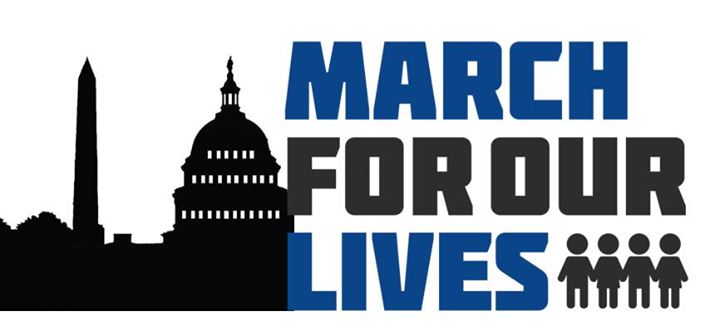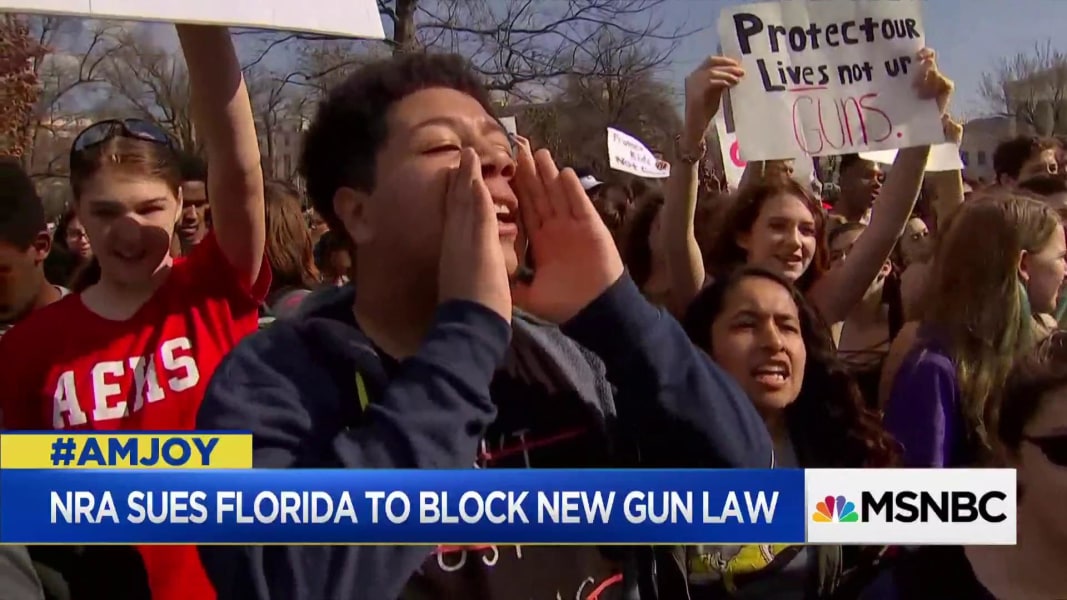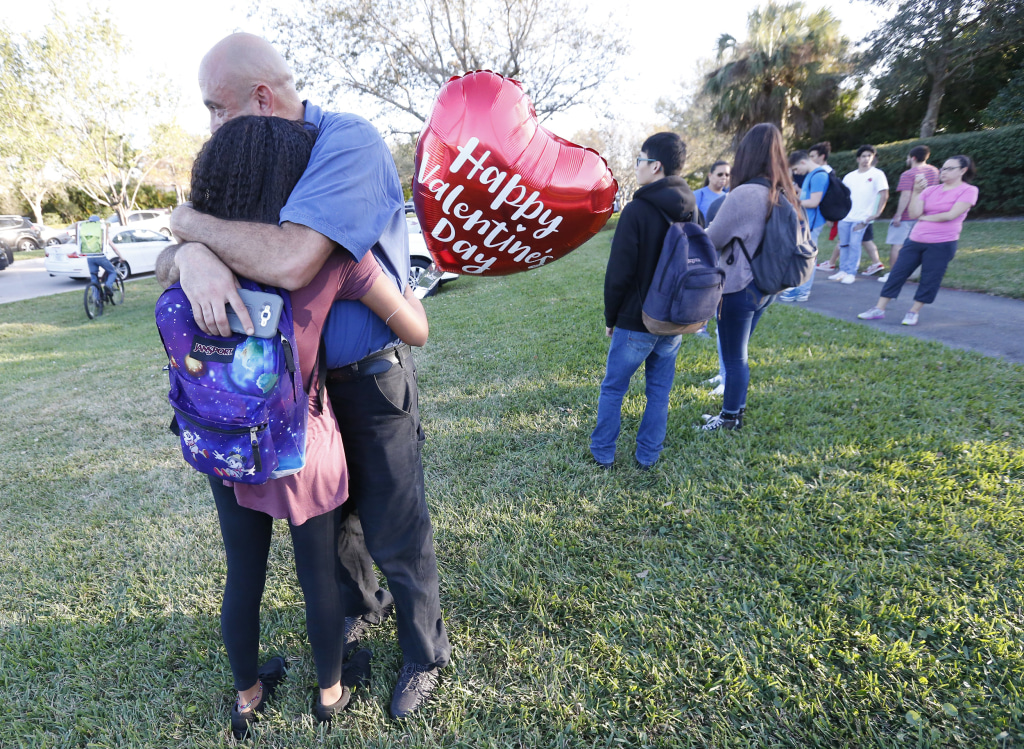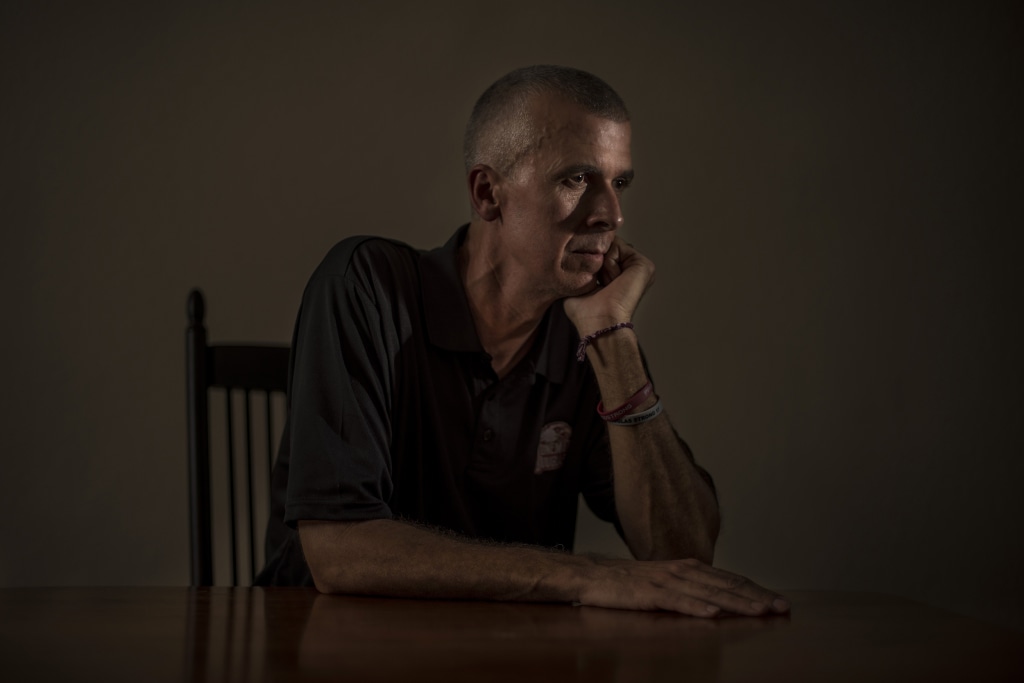
MARCH FOR OUR LIVES MARCH 24 2018 http://www.proudout.com/po-event/lulac-dc-march-for-our-lives/#!/United+States/Washington/LULAC+Lambda+DC?ical=1&tribe_display=
Latest:
@lemdfde Watch the #marchforourlives students take to the streets of Washington to end gun violence now https://twitter.com/i/events/971976887793668097 … Reply
students take to the streets of Washington to end gun violence now https://twitter.com/i/events/971976887793668097 … Reply #stop to unsubscribe
@lemdfde Tmrw we #MarchForOurLives , today we register to vote and fight for our lives. Take 2 min and have your voice heard: https://marchforourlives.com/vote-for-our-lives/ …
, today we register to vote and fight for our lives. Take 2 min and have your voice heard: https://marchforourlives.com/vote-for-our-lives/ …
For kids and parents that need help with housing https://www.dcambs.org/lodging
 March For Our Lives Compte certifié @AMarch4OurLives 22 mars
March For Our Lives Compte certifié @AMarch4OurLives 22 mars
@lemdfde Thanks for supporting #MarchForOurLives Find a march near you at https://marchforourlives.com/rsvp . We’ll remind you about the march and send updates on the day. https://marchforourlives.com/contact-us/
Find a march near you at https://marchforourlives.com/rsvp . We’ll remind you about the march and send updates on the day. https://marchforourlives.com/contact-us/
Thanks for joining the fight to demand action on gun violence. Elisabeth
March For Our Lives Worldwide
There are more than 800 marches happening across the world on Saturday — find an event happening near you.
#NEVERAGAIN #MarchForOurLives
He taught Parkland students about the NRA. Then the gunshots rang out.
by Kalhan Rosenblatt
BOYNTON BEACH, Fla. — On the night his students debated National Rifle Association spokeswoman Dana Loesch at a nationally televised town hall, Jeff Foster sat off to the side of the stage like a boxing coach watching his prizefighters.
Thinking back on that experience from the kitchen counter of his Boynton Beach home on Monday, Foster, 46, the fast-talking, tell-it-like-it-is AP government teacher at Marjory Stoneman Douglas High School in nearby Parkland, is almost at a loss for words.
“To see that happen and realize that’s someone that’s in your class, it’s pretty crazy,” Foster told NBC News. “It’s almost like an out-of-body experience.”
Marjory Stoneman Douglas teacher Jeff Foster at his home in Boynton Beach, Florida. Josh Ritchie / for NBC News
Foster said former students have gone on to become elected officials or leaders in their fields, but to watch senior Emma González take on Loesch using lessons he taught was something different.
Before she asked her question, González took a moment to thank Foster. Then she turned to Loesch.
“The shooter at our school obtained weapons he used on us legally. Do you believe that it should be harder to obtain semiautomatic weapons and the modifications for these weapons to make them fully automatic, like bump stocks?” González asked.
As Loesch discussed the NRA’s position and González interjected her original question, Foster watched the back-and-forth with pride.

“I went up to her on every commercial to kind of talk to her cause I was right in front of the stage. I kind of huddled with all of [the students] just to be like, ‘You guys are doing great,’” Foster said. “And just to see the kids and the adults who were coming to the stage to tell her ‘thank you’ … it was pretty amazing.”
Nearly all the Stoneman Douglas students who have become familiar faces advocating for gun reform since a gunman killed 17 people there on Valentine’s Day have come from Foster’s AP United States Government and Politics class. And on that day, Foster learned just recently, some of the survivors initially mistook the sound of real gunfire for an active-shooter drill they had been told to expect.
 Family members embrace following a shooting at Marjory Stoneman Douglas High School on Feb. 14, 2018 in Parkland, Fla. Wilfredo Lee / AP file
Family members embrace following a shooting at Marjory Stoneman Douglas High School on Feb. 14, 2018 in Parkland, Fla. Wilfredo Lee / AP file
Over the last month, Foster has adopted new roles, including helping his students and colleagues plan the March for Our Lives in Washington on March 24. He’s also absorbed some of the responsibilities of Scott Beigel, his friend and fellow teacher at Stoneman Douglas who was killed in the shooting.
It’s a résumé Foster never imagined taking on when he was hired at the school almost 20 years ago.
‘I haven’t regretted a minute of it.’
Foster never anticipated teaching AP government — let alone being the educator behind a fleet of vocal gun reform activists — when Stoneman Douglas hired him in 1999.
When he was asked to take on the course a year and a half after his hiring, he said, he balked.
“I thought this was going to be a lot of work. And then I thought to myself, ‘Wait a minute. This is something you really enjoy and these are great kids and you can really have some leeway with the curriculum,’” Foster said. “Obviously, I said yes, and I haven’t regretted a minute of it.”
Since taking on the role, Foster has taught hundreds of students about special interest groups, with an emphasis on the NRA.
“It’s such an easy one to explain because of all the things that have happened in this country,” he said of the back-and-forth between politicians and the NRA following school shootings.

 David HoggCompte certifié @davidhogg111
David HoggCompte certifié @davidhogg111 